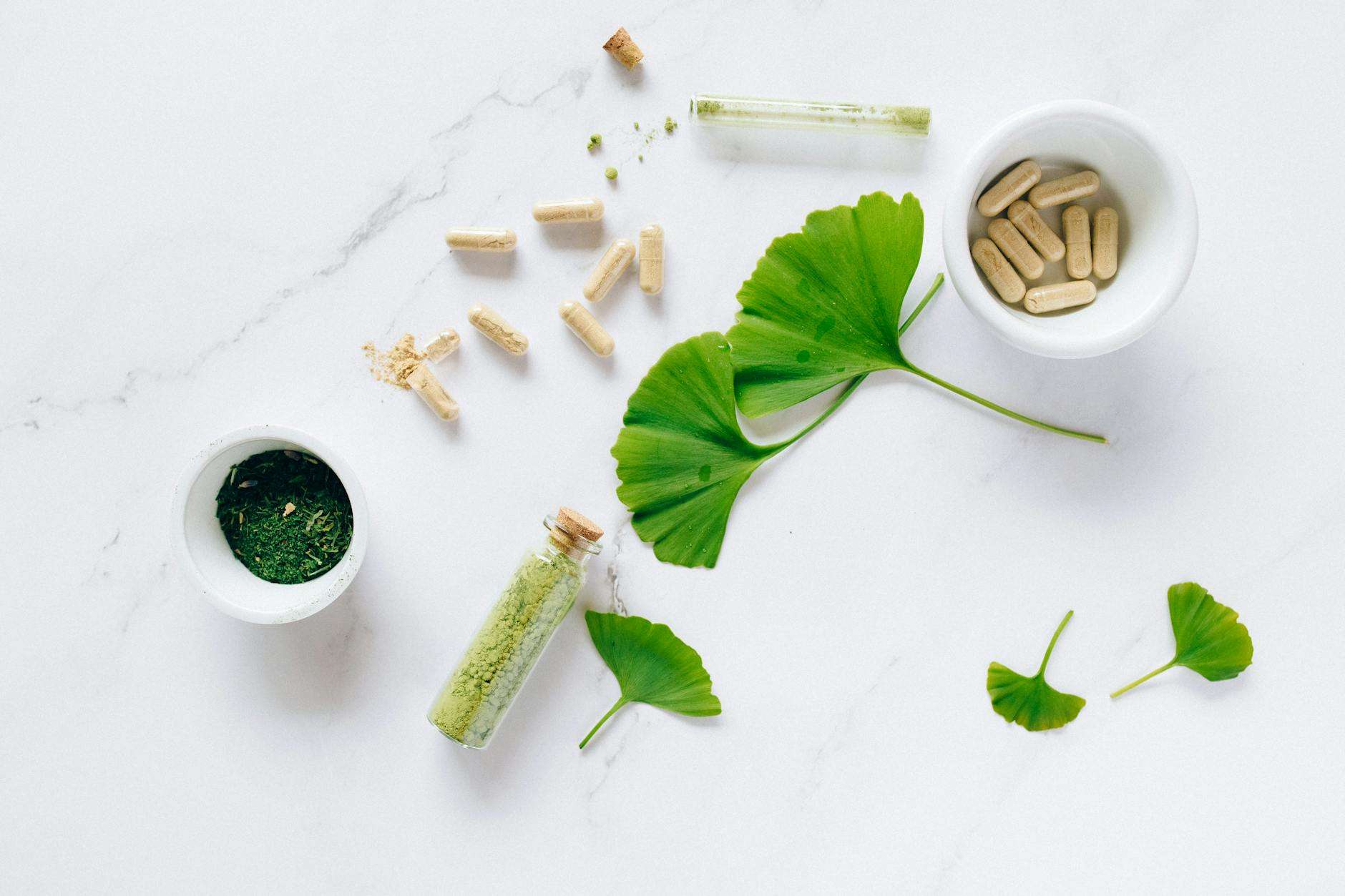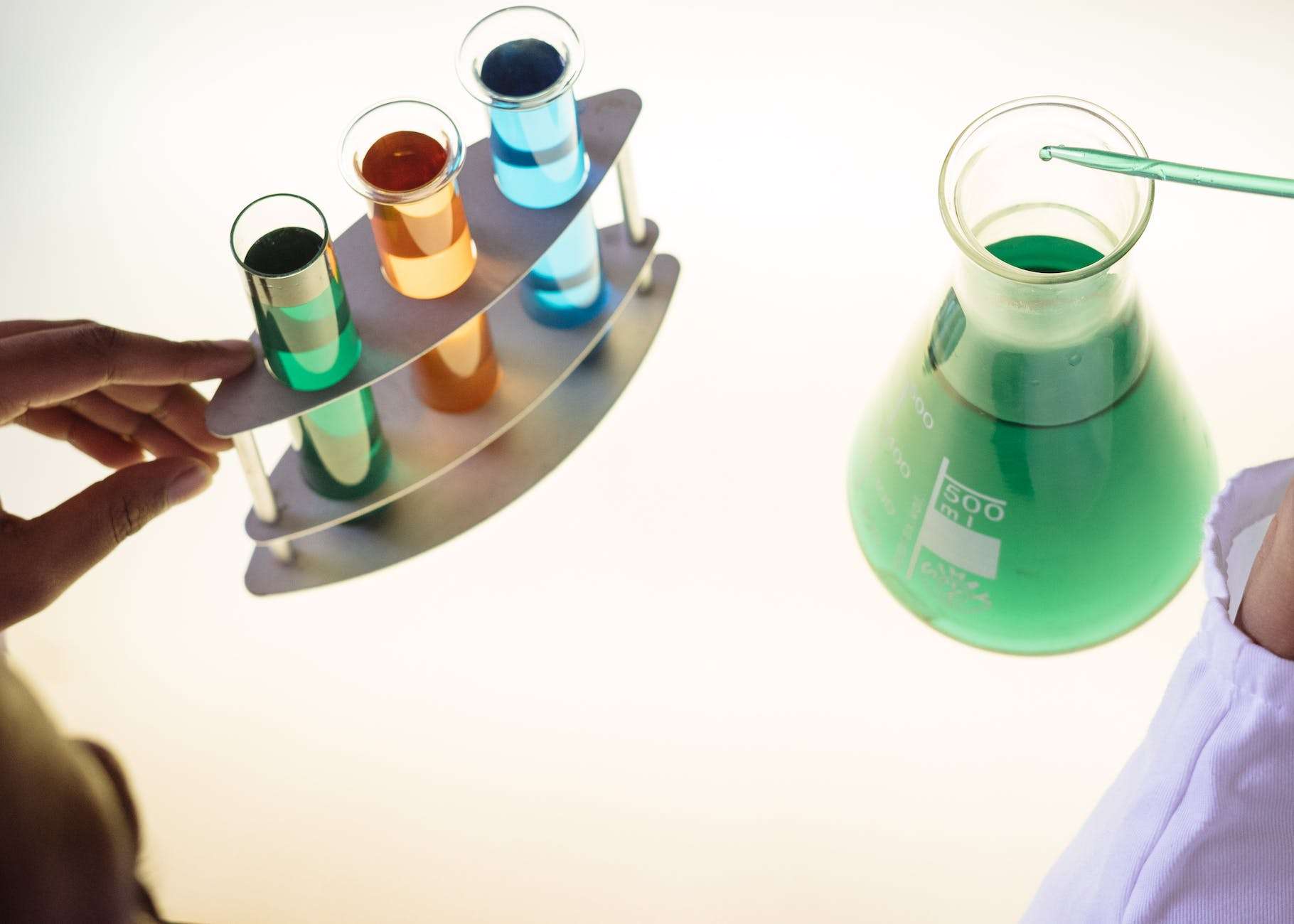No products in the cart.: $0.00
Frequently Asked Questions About CBD

CBD (Cannabidiol) has significantly become the buzzing wellness product of the moment following its legalization. But why?
Does its popularity leave you with questions like what exactly is CBD? What are the actual benefits of CBD? How does CBD make you feel, is it a drug, and will it get me high? Is CBD healthy? Who can use CBD? Does CBD need THC (tetrahydrocannabinol) to make it work?
Listen, we don’t blame you for all the questions, it’s easy to get confused with the overwhelming spread of information about this valuable therapeutic as it has gone from being sort of around to being almost everywhere in what seems like a matter of months. However, CBD has been around much longer, dating back to 1940, and has gained a faithful grassroots following that has been growing drastically over the last decade.
So, if you have similar questions and would love to know more about why everyone is talking about CBD, then you might want to read further because I’ve provided answers to these burning questions and more.
So what exactly is CBD?
CBD is one of many chemical mixtures found in Cannabis Sativa plants, like Marijuana and Hemp. Both plants contain CBD, but Hemp has higher CBD and shallow THC (tetrahydrocannabinol) levels, unlike marijuana.
Hemp oil is quite different from CBD oil as it doesn’t contain any cannabinoids, just healthy fats, which are majorly used for beauty products due to its moisturizing effect. Cannabidiol has so many uses that it comes in diverse forms such as CBD lattes, CBD oils, CBD facials, CBD cosmetics, and many more.
CBD is like a more conservative, straight-laced “younger sibling” to the more active compound called delta-9-tetrahydrocannabinol (THC) which is famous for its psychoactive effect you get from Marijuana use. Psychoactive simply means that it affects the mind. I’d like to take this opportunity to state that using CBD is NOT like using Marijuana.
CBD is the non-psychotropic portion of the plant, meaning it doesn’t lead to addiction, nor causes a sedative or mind-altering effect.
How does CBD make you feel- is it a drug?
CBD is known to give a relaxing and calm impact and help you to feel content and happy, but it does not make you feel high nor does it change your state of mind. When used for physical ailments, such as joint pain or chronic pain, you should start to notice a positive difference in just a few days of use and feel some physical relief. I’m sure you’re thinking this is too good to be true, but it’s not. There is a reason CBD (cannabidiol) is rapidly gaining momentum in the health and wellness world. I’m sure you are also wondering if CBD is considered a drug or if it requires a prescription? We have good news for you- CBD is federally legal in all 50 states (thanks to the 2018 Farm Bill).
So How Does CBD Work?
Cannabinoids (a group of closely related compounds that include cannabinol and the active constituents of cannabis) interact with our bodies to elicit effects. These effects can be produced in different ways.
The primary method is by mimicking and augmenting certain compounds in our body- the endogenous cannabinoids or endocannabinoids. These endocannabinoids bear similarities to compounds found in cannabis plants and they are part of what scientists refer to as the “endocannabinoid system.”
The Endocannabinoid system performs an essential role in regulating various psychological processes that affect our bodies and everyday activities, from mood, energy level, immune activity, blood pressure, bone density, and how we experience pain, hunger, and stress, and many more.
In most disease conditions, the endocannabinoid system is majorly uncontrolled; thus, its modulation may have a therapeutic effect.
Scientific studies are ongoing and have confirmed its effectiveness in easing specific symptoms and ailments like chronic pains, anxiety, and depression; it has also been efficient in treating epilepsy.
Bottom Line:
The conventional drugs that are available to treat specific health problems come with severe side effects. Some are not as effective as they claim to be. Prolonged, consistent use could also lead to addiction or ineffectiveness. It is why more natural-oriented treatment is recommended.
Research on the prospective health advantages of Cannabidiol is still ongoing, and soon, there will be more discoveries on the therapeutic uses of CBD.
It is a known fact that more studies still need to be done to get a full view of the efficacy and safety of CBD. However current results have shown that Cannabidiol may provide a powerful, safe, and genuine treatment for many health issues.





